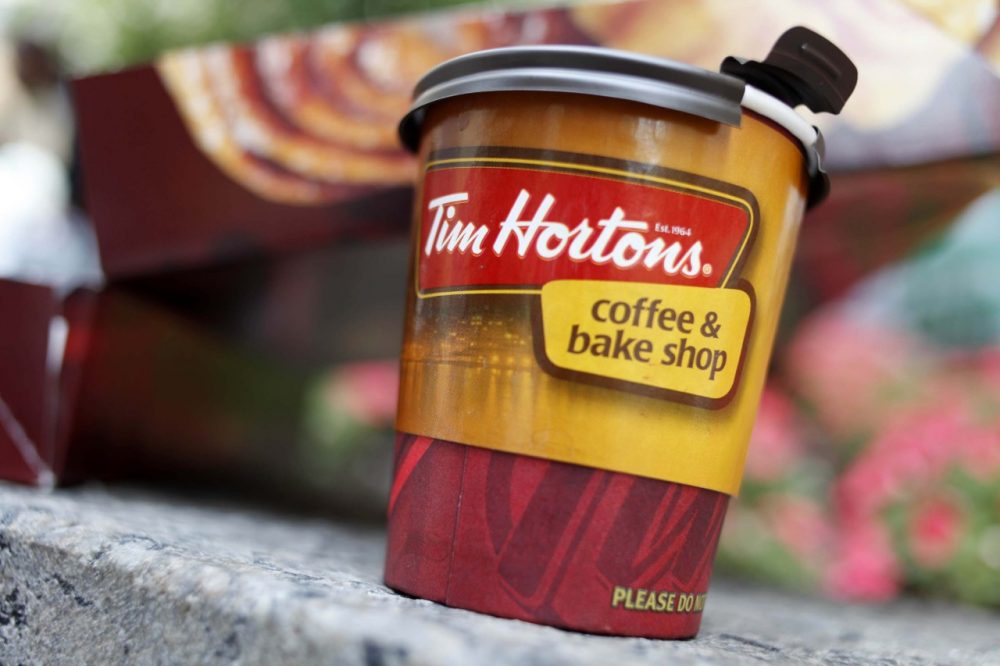Advertisement
Poutine Whoppers? Why Burger King Is Bailing Out For Canada

The news this week that iconic American fast food giant Burger King is scooping up Canadian coffee and doughnut chain Tim Hortons (there's really no apostrophe there, sorry) led many Wall Street analysts to wonder if the merger was meant for corporate tax inversion.
That seems to be the case, with the acknowledgement this morning that the newly reconstituted breakfast-and-burger company will be headquartered in Canada.
But what IS tax inversion, and how does a tried and true American company like Burger King go about changing its tax rates simply by breaking off a little piece of our northern neighbor's culinary heritage?
In July, we talked to New York Times and CNBC columnist Andrew Ross Sorkin, who has by his own account made a habit of trying to "shame" companies who pursue a corporate tax inversion strategy like the one Burger King is eyeing with its merger plans today.
"The best example of all of this is a transaction with Mylan, the third-largest generic drug maker in the country," Sorkin told us in July. "The top tax rate in the country is 35 percent. That company currently pays 25 percent. That company is now gonna move to the Netherlands and has said that they expect within several years to be paying in the high teens. So you can see, how simply by leaving they will go from a 25 percent rate to something in the high teens."
"The idea that companies are going to leave the country to get a lower tax rate seems semi-preposterous to me."
Do you agree? Do you see the corporate logic here? Should American companies remain in America and pay American tax rates? Or use legal business means to pursue a better bottom line?
Let us know in the comments below, or on Facebook, Tumblr and @OnPointRadio.